
FOODS FOR BRAIN HEALTH
The awareness of the link between diet and mental health has increased these last few years. As a result, the dietary management of mental illness has become an essential consideration in treating such conditions. That explains the popularity of "brain foods"—foods that help optimise mental function and performance [1]. This article covers the foods and supplements that can help memory, brain function and development, and even delay age-related neurodegeneration.

WHAT FOOD SHOULD YOU FOCUS ON
Most research papers focus on the following foods when it comes to brain-potentiating properties [4]:
1. Green, leafy vegetables: Leafy greens like kale, spinach, collards, and broccoli are packed with brain-healthy nutrients like vitamin K, lutein, folate, and beta-carotene. Studies suggest that these plant-based foods may help slow cognitive decline.
2. Omega 3 fatty acids: Omega-3 fatty acids regulate the transmission of nervous signals between brain cells, influence gene expression—the process in which the information in our genes gets transformed into different functions in our bodies, and directly affect neurogenesis and neuronal survival. They also act as antioxidants and have anti-inflammatory properties. These healthy fats have been linked to decreased blood levels of a protein named beta-amyloid, responsible for creating damaging clumps in the brains of people with Alzheimer's disease. Food sources of omega 3s include fatty fish; however, try to choose varieties low in mercury, such as wild salmon, cod, canned light tuna, and pollack. If you're not a fish fan, you can choose plant-based omega-3 sources such as flaxseeds, avocados, and walnuts or consider omega-3 supplements [8].
3. Berries: Berries are rich in a group of polyphenols named flavonoids, which are the natural pigments these fruits have. Polyphenols have the potential to protect neurons against injury induced by neurotoxins, suppress neuroinflammation, and promote memory, learning, and cognitive function. A study found that women who include two or more servings of strawberries and blueberries per week delayed memory decline by up to two-and-a-half years [4,8]. Consider consuming organic berries as the non-organic ones are often heavily treated with pesticides and can be harmful to health.
4. Red wine, tea, cocoa and coffee: These beverages are also rich in polyphenols. Additionally, caffeine has proven to help in scoring better results on tests of mental function [7]. Just like with berries, beware of coffee beans that have been treated with pesticides.
5. Whole grains: Whole grains are part of different dietary patterns (e.g., Nordic and Mediterranean diets) that have shown positive cognitive effects. Their benefits might be due to these substances functioning as prebiotics, stimulating beneficial micro-organisms' growth and/or activity [6,7].
6. Fermented foods: The microbiome is another aspect gathering attention regarding the link between diet and brain health. The proposed biological effects of fermented foods include neuroprotection against reactive oxygen species and neurotoxins— the substances in the environment that disrupt the functioning of the nervous system—such as heavy metals, pesticides, some food additives, etc[10]. There are several types of fermented products, including dairy options, legume- and cereal-based fermented foods like soy sauce, miso, doenjang, tempeh, and natto [6]. However, modern soy products are often not fermented and contain other potentially harmful substances due to being highly processed. Some of these may include tofu, soy burger patties and soy milk. Choose minimally processed fermented options [5].

THE MIND DIET
The Mediterranean-DASH Diet Intervention for Neurodegenerative Delay, or MIND diet, targets the health of the ageing brain. It was introduced in 2015 by Dr Martha Clare Morris and colleagues at Rush University Medical Center and the Harvard Chan School of Public Health [2].
The MIND diet scores and provides recommended portions for 15 dietary components, including 10 brain-healthy food groups (green leafy vegetables, other vegetables, nuts, berries, beans, whole grains, fish, poultry, olive oil and wine) and 5 unhealthy food groups (red meats, butter and margarine, cheese, pastries and sweets, as well as fried/fast food) [8].
The healthy foods the MIND diet guidelines recommend and their suggested portion sizes are:
● 3+ servings a day of whole grains
● 1+ servings a day of vegetables (other than green leafy)
● 6+ servings a week of green leafy vegetables
● 5+ servings a week of nuts
● 4+ meals a week of beans
● 2+ servings a week of berries (1 cup serving size)
● 2+ meals a week of poultry
● 1+ meals a week of fish
● Mainly olive oil, if added fat is used
The restricted foods (higher in saturated and trans-fat) guidelines include:
● Less than 5 servings a week of pastries and sweets
● Less than 4 servings a week of red meat (including beef, pork, lamb, and products made from these meats)
● Less than one serving a week of cheese and fried foods
● Less than 1 tablespoon a day of butter or margarine

SUPPLEMENTS FOR BRAIN HEALTH
Many brain supplements contain omega-3 fatty acids, vitamin E, various B vitamins (e.g., folate and vitamin B12), or multiple similar combinations. The link between these nutrients and their benefits for brain support is based on their high content in specific dietary patterns associated with slowing down the neurodegenerative process. However, it is not clear whether it's the combination of nutrients in these diets that's beneficial or whether it is specific nutrients or specific amounts, or other factors. Researchers have tried to answer these questions by examining how each nutrient affects brain health. So far, these limited studies have found no evidence they genuinely help, with a few rare exceptions [3,11].
Still, this doesn't mean that the brain supplements may not work as many nutrients undoubtedly have an important role in brain function. However, prescribing these supplements may only be beneficial and make sense when there is a deficient dietary intake (a lack thereof) and may not have a significant effect otherwise.

FINAL THOUGHTS
At the end of the day, what research attributes the most importance is maintaining an adequate intake of the nutrients that are known to be key to proper brain functioning —mentioned above— and if you add supplements when there is no specific deficiency, then the effect on brain function might be null but not harmful.


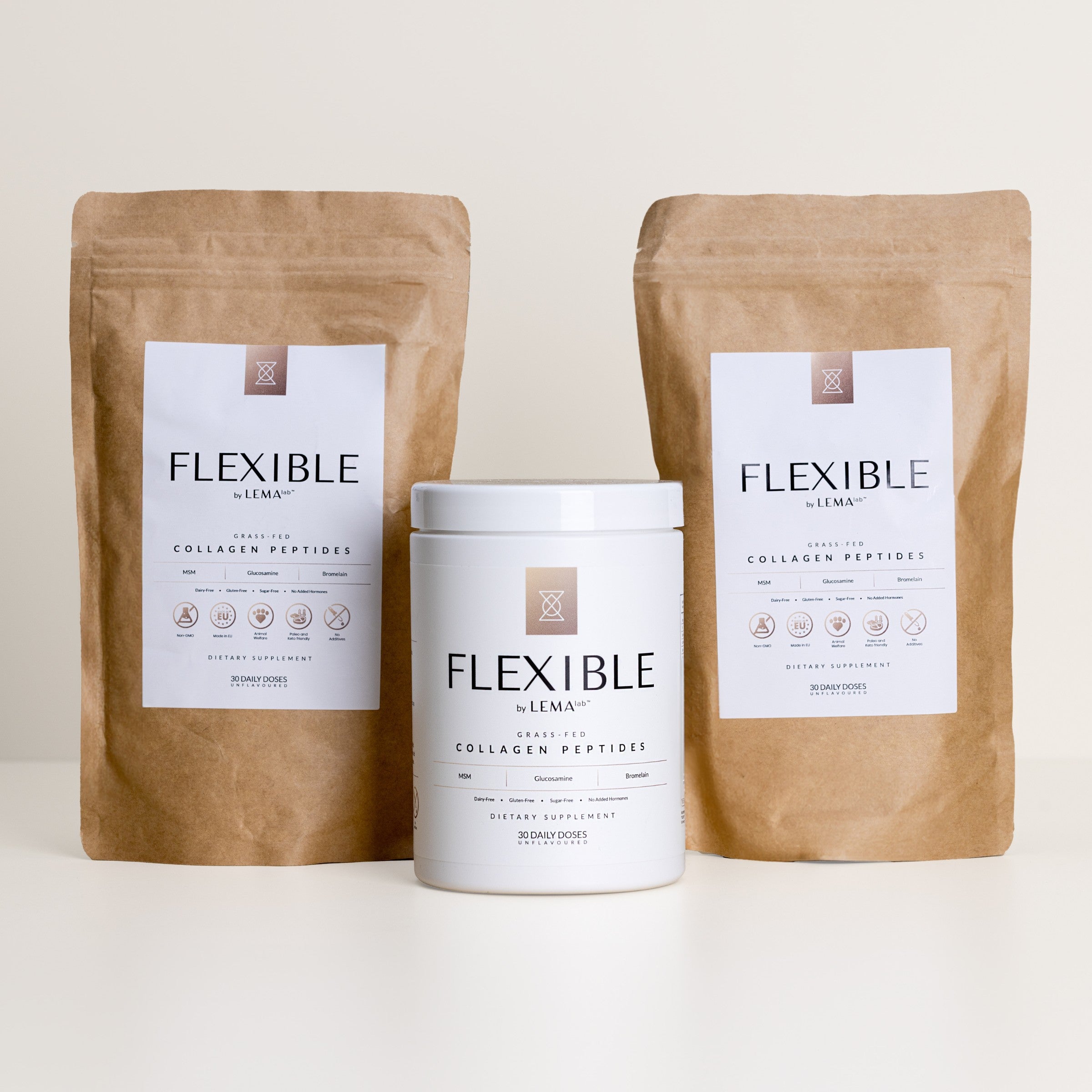
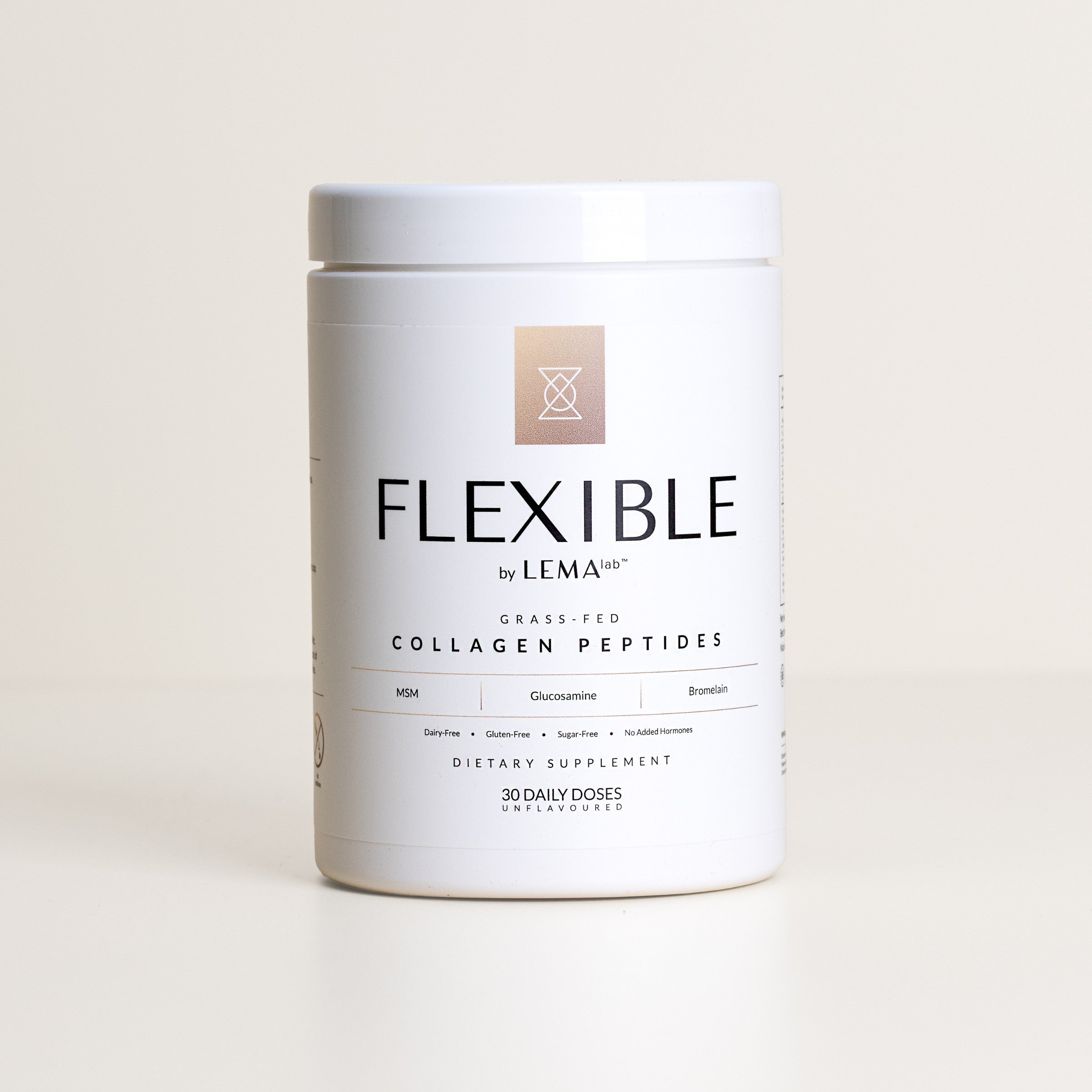
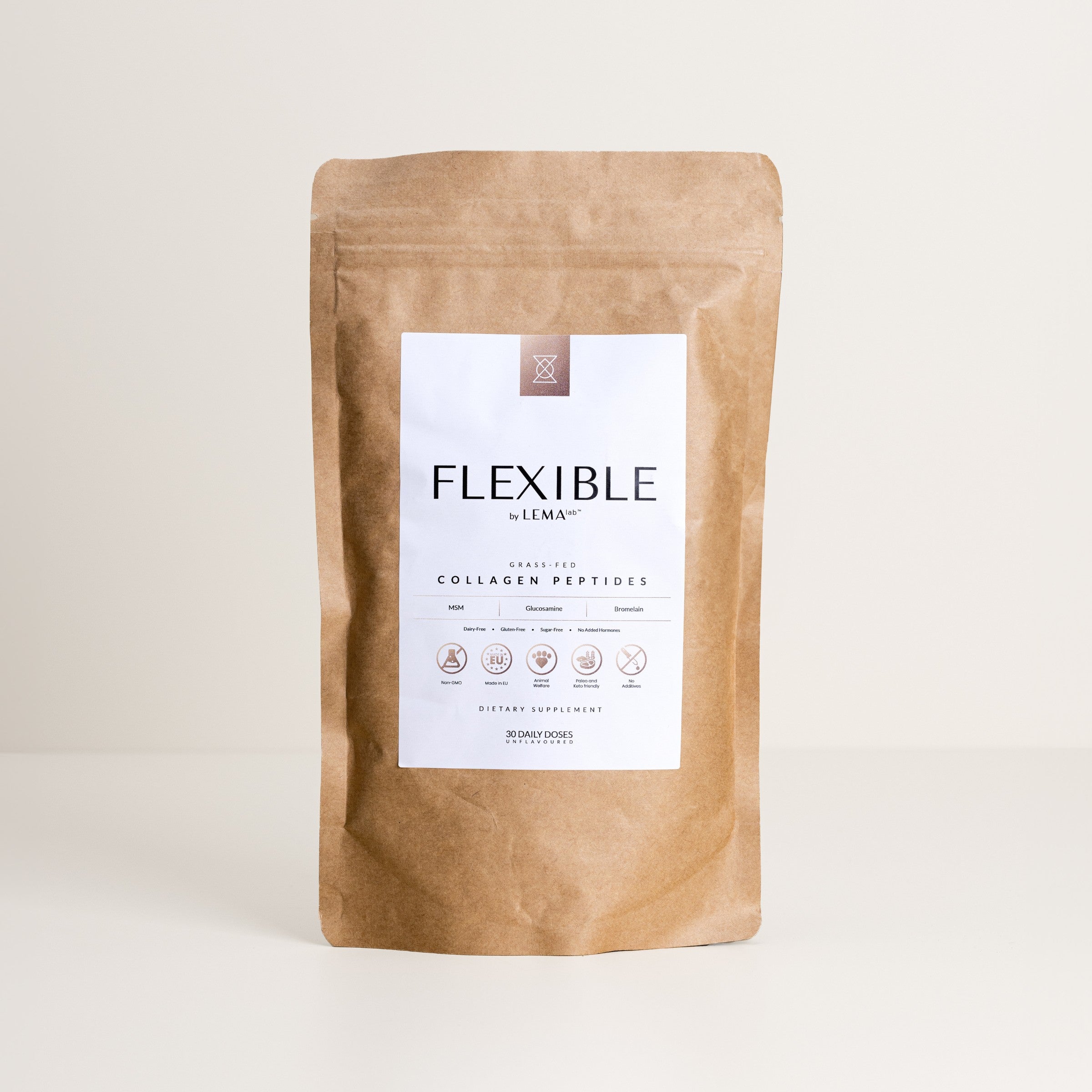


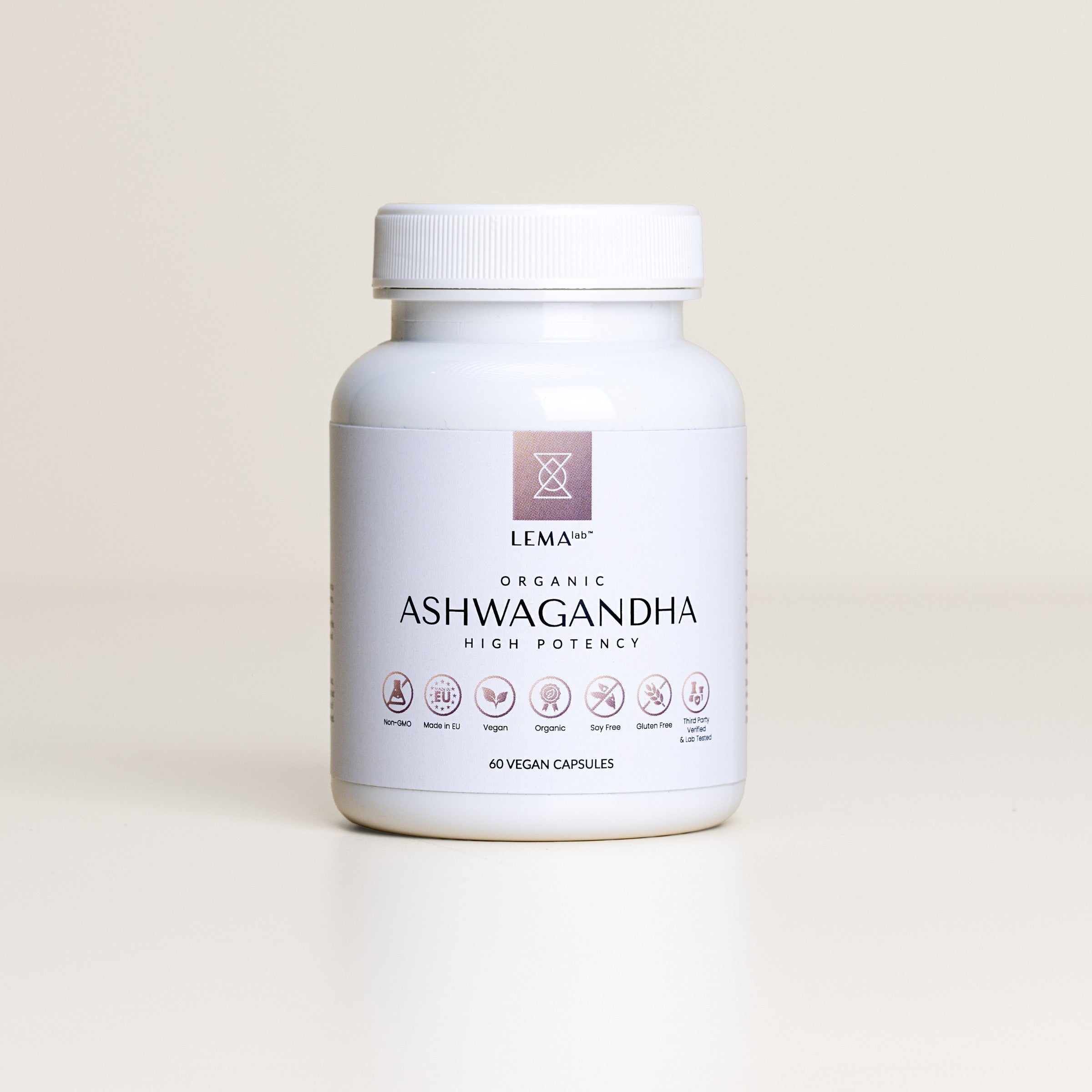
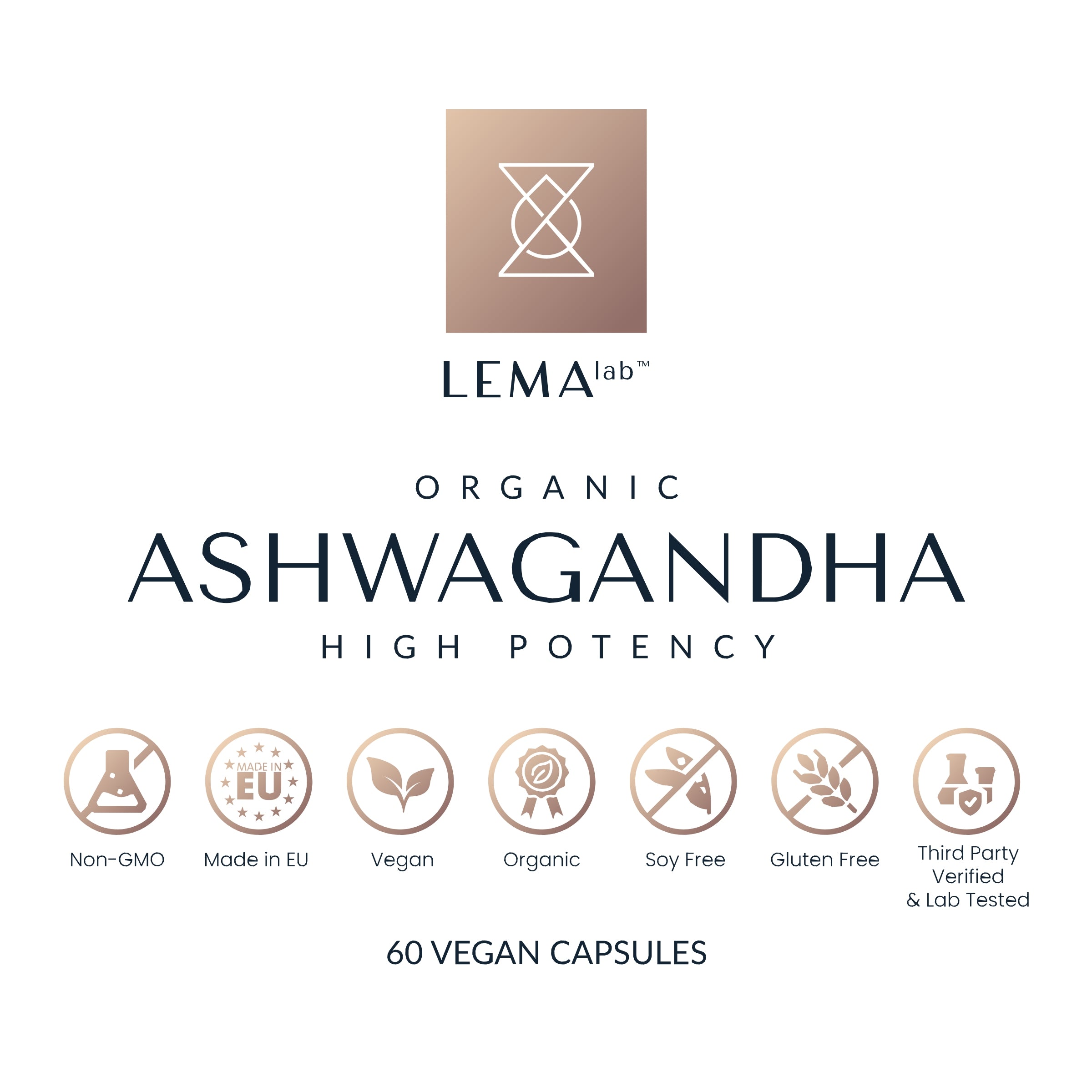
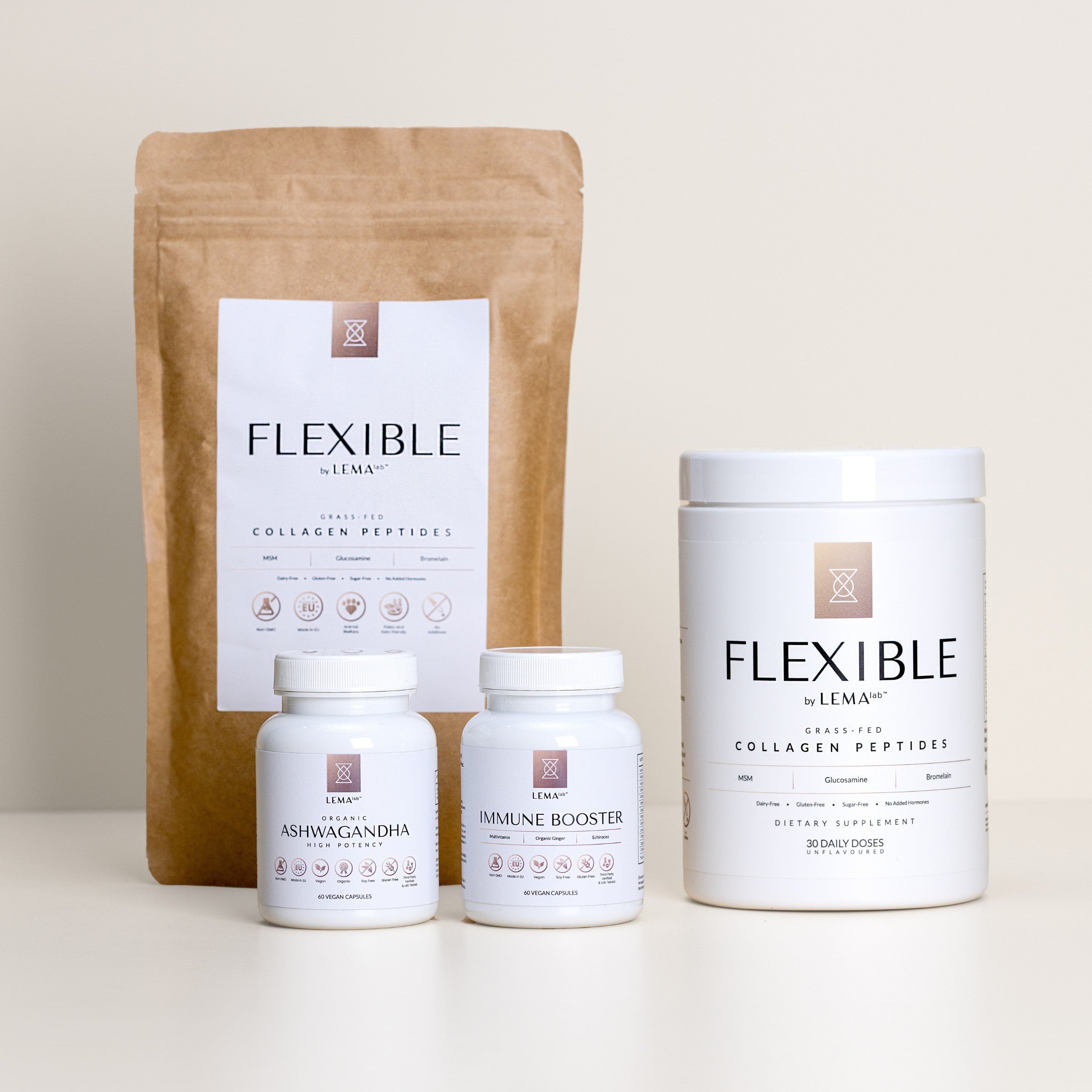

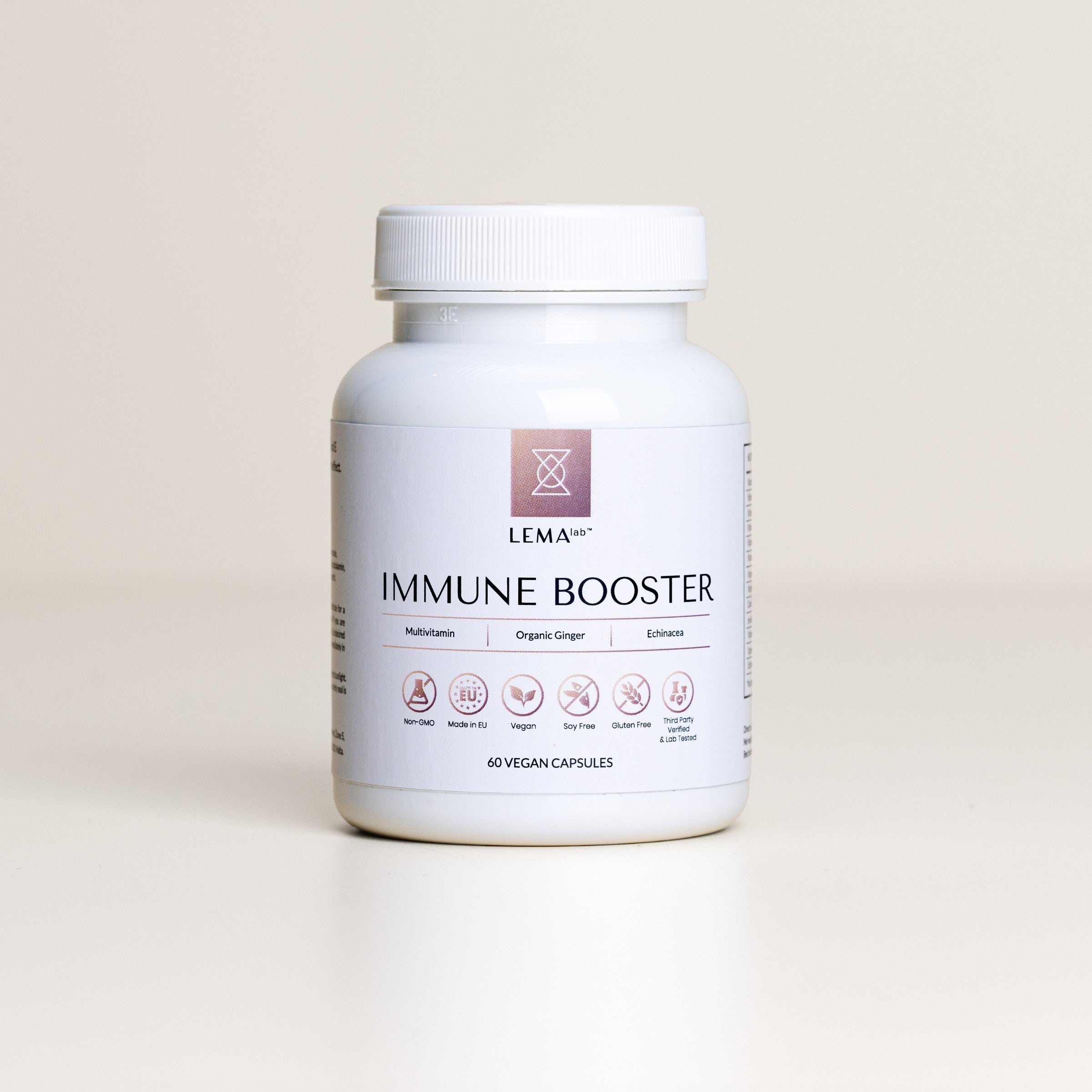
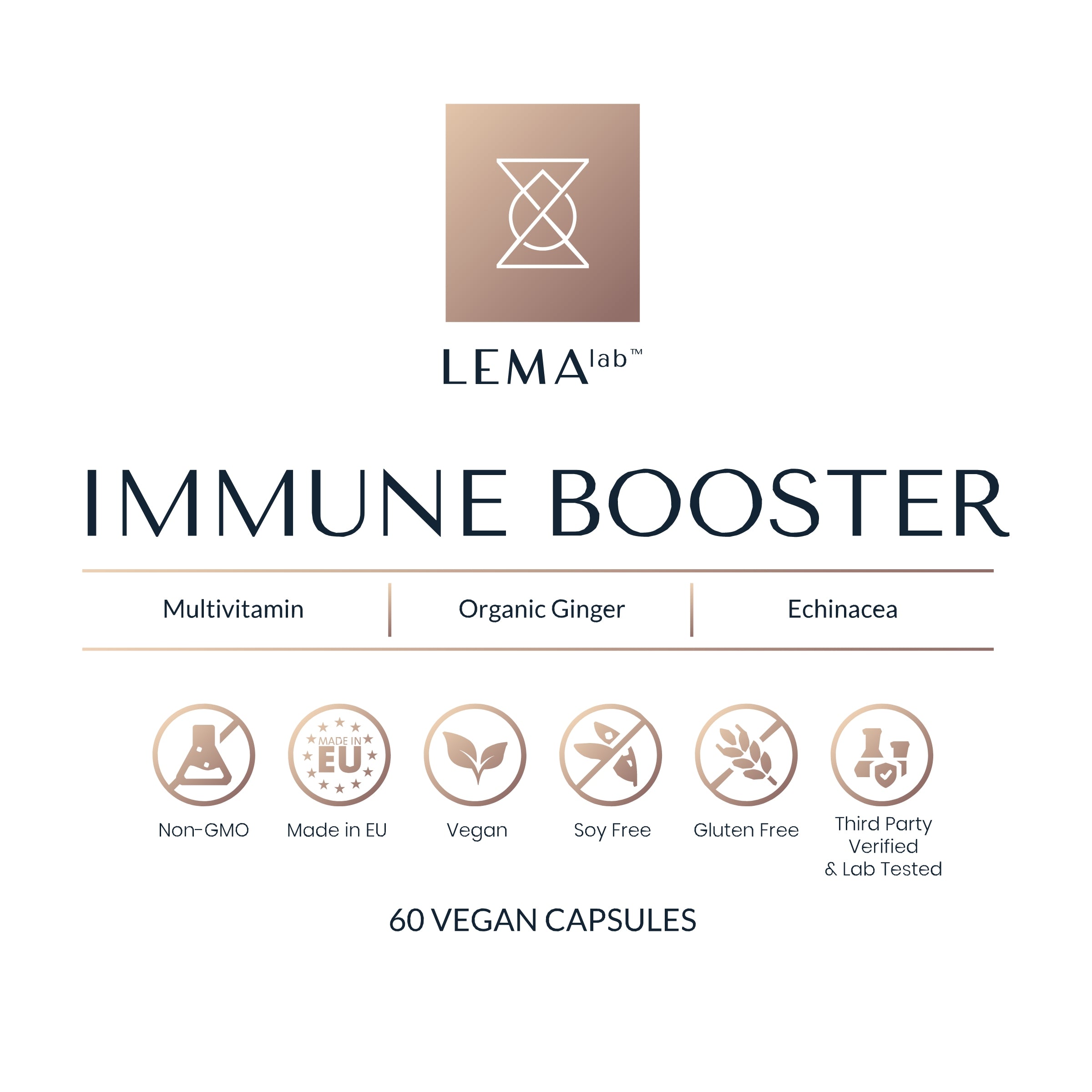
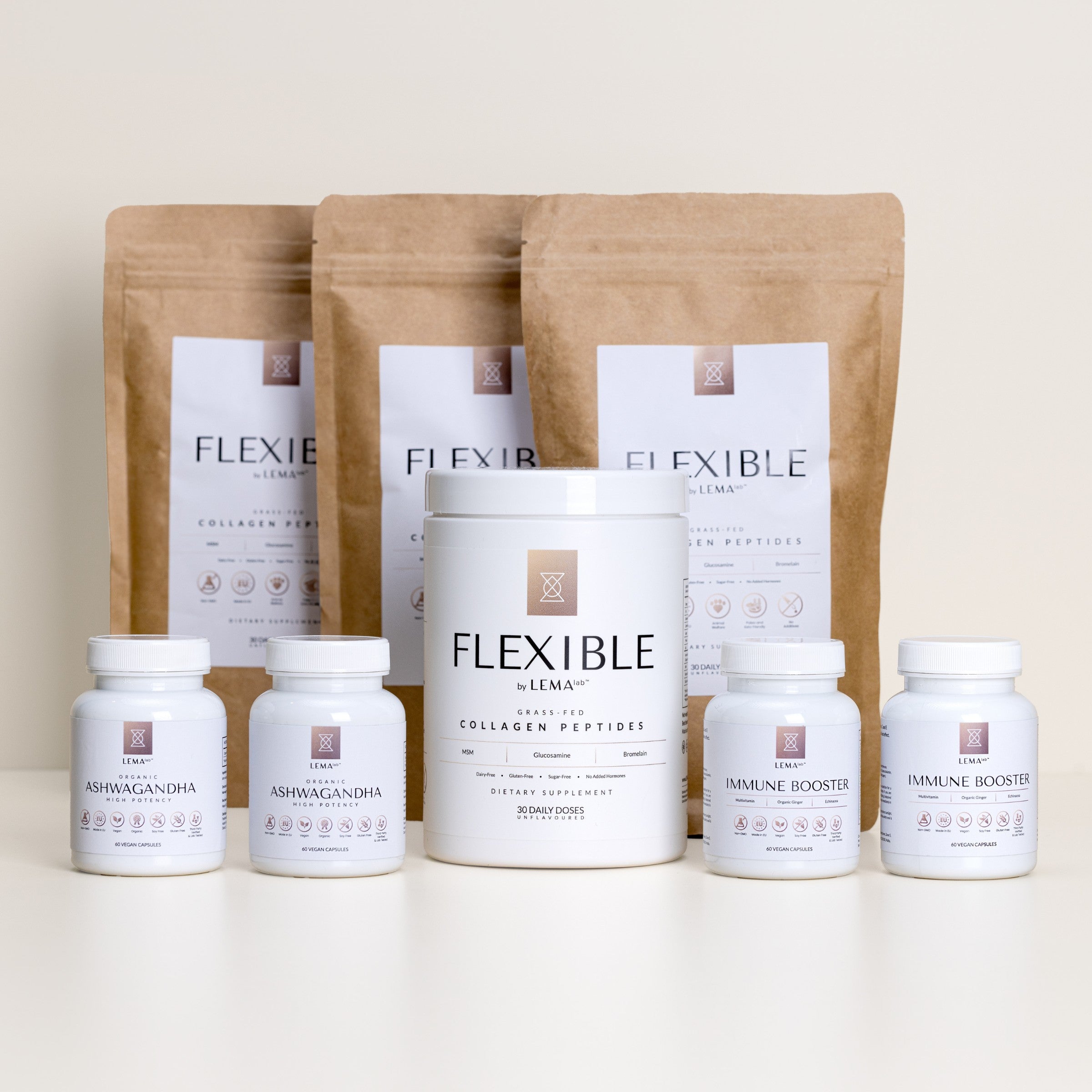
Leave a comment
This site is protected by hCaptcha and the hCaptcha Privacy Policy and Terms of Service apply.